-
Podcast: Where Did All The Money Go?
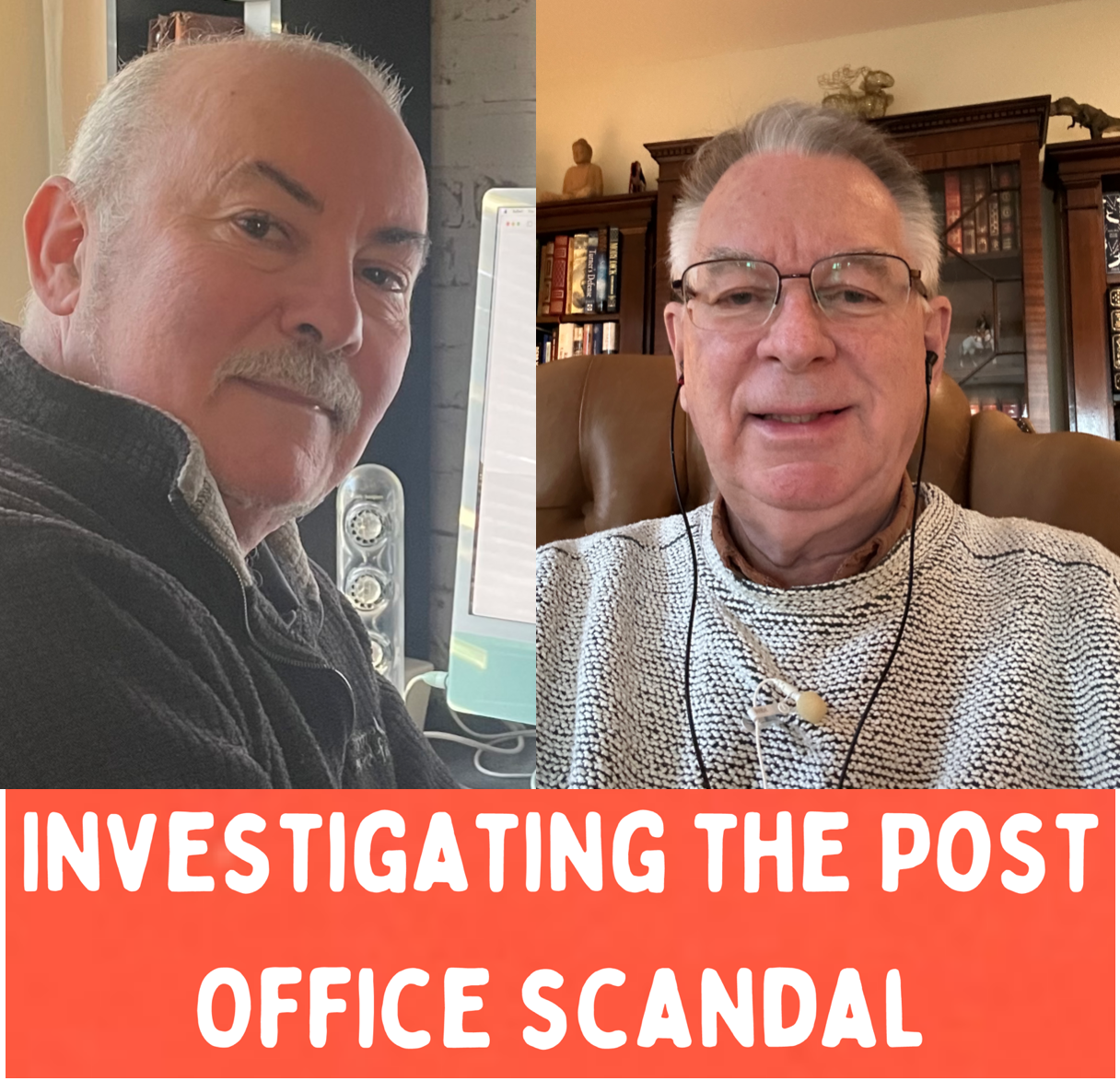 Read More…: Podcast: Where Did All The Money Go?
Read More…: Podcast: Where Did All The Money Go?It is the question I have probably been asked the most over the years. The long answer is in the podcast I have recorded with Mark Baker (left in the photo above), a long-serving Subpostmaster and union rep, and Ron Warmington (right in the photo above), now Chairman of Second Sight, the forensic accountancy firm that went into the Post Office in 2012 and uncovered the sort of disaster which could very well be (and was eventually proved as being) responsible for serious miscarriages of justice. Between us, we cobbled together a list of 14 different destinations, which I have…
-
Gary’s years of hurt
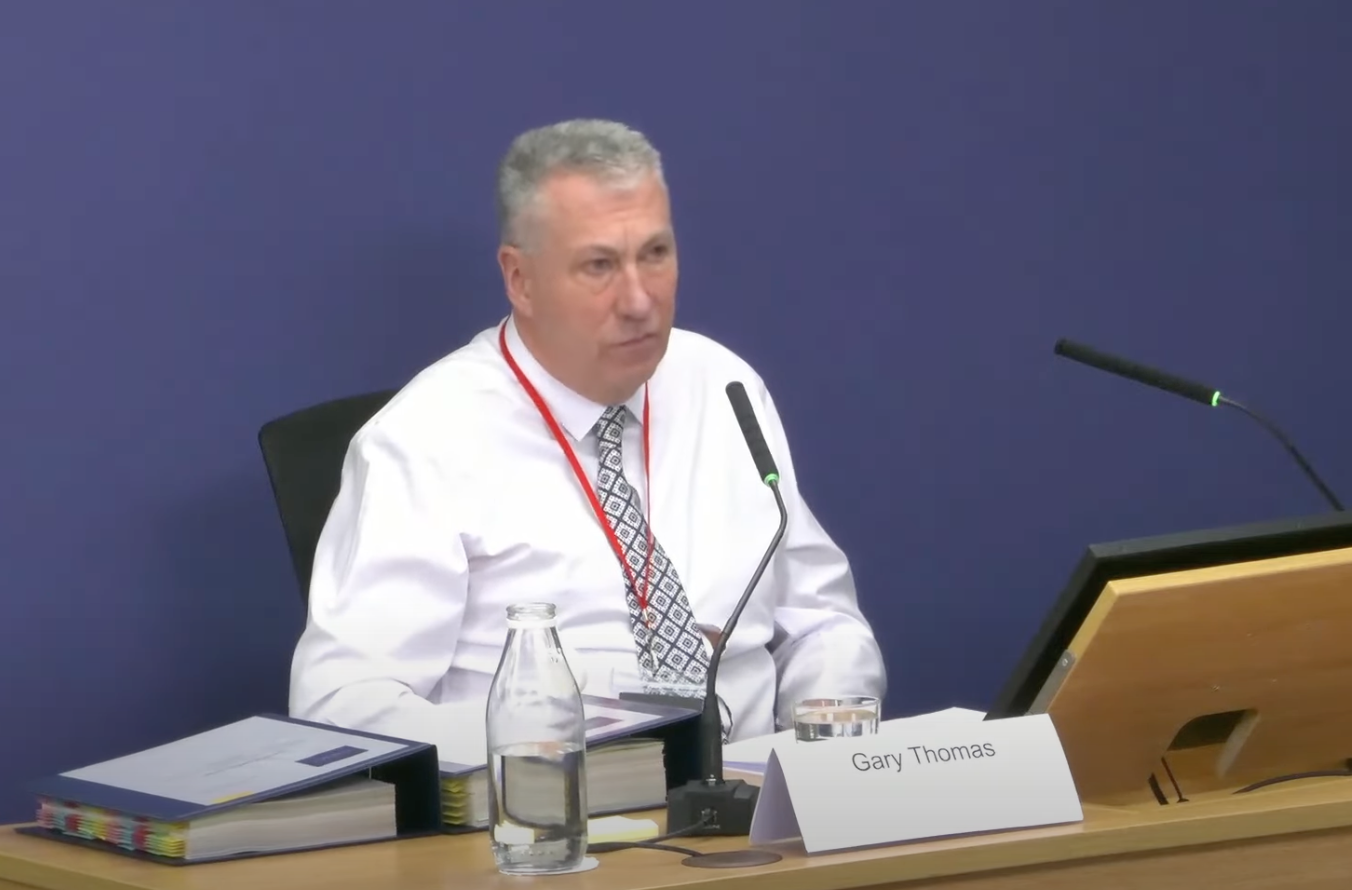 Read More…: Gary’s years of hurt
Read More…: Gary’s years of hurtLet’s have a look at another one of the frontline plods who made it their business to investigate Subpostmasters and recommend them (or not) for prosecution based on what, at times, seems to be imaginary evidence. Gary Thomas (and this will shock you) started his career in the Post Office as a counter clerk, rising to Crown Office branch manager, before joining the Security Team in 2000. He left in 2012. Thomas therefore worked at the heart of the Post Office’s investigation and prosecution complex for 12 of the 13 years it was prosecuting its Subpostmasters on the basis of…
-
Exclusive: Post Office fails in compensation clawback attempt
 Read More…: Exclusive: Post Office fails in compensation clawback attempt
Read More…: Exclusive: Post Office fails in compensation clawback attemptPublicly, the government has said it is determined to compensate Subpostmasters affected by the Post Office scandal “as soon as possible”. Behind the scenes it seems determined to drag things out to a ridiculous degree. Earlier this year both the Post Office and the government decided that money gifted to Subpostmasters with criminal convictions, by other Subpostmasters, should count against any compensation they receive from the government when/if those convictions are quashed. Four years ago today the Post Office settled with 555 Subpostmasters who had taken it to the High Court as part of the Bates v Post Office class…
-
More Singh’d against than Singh-ing
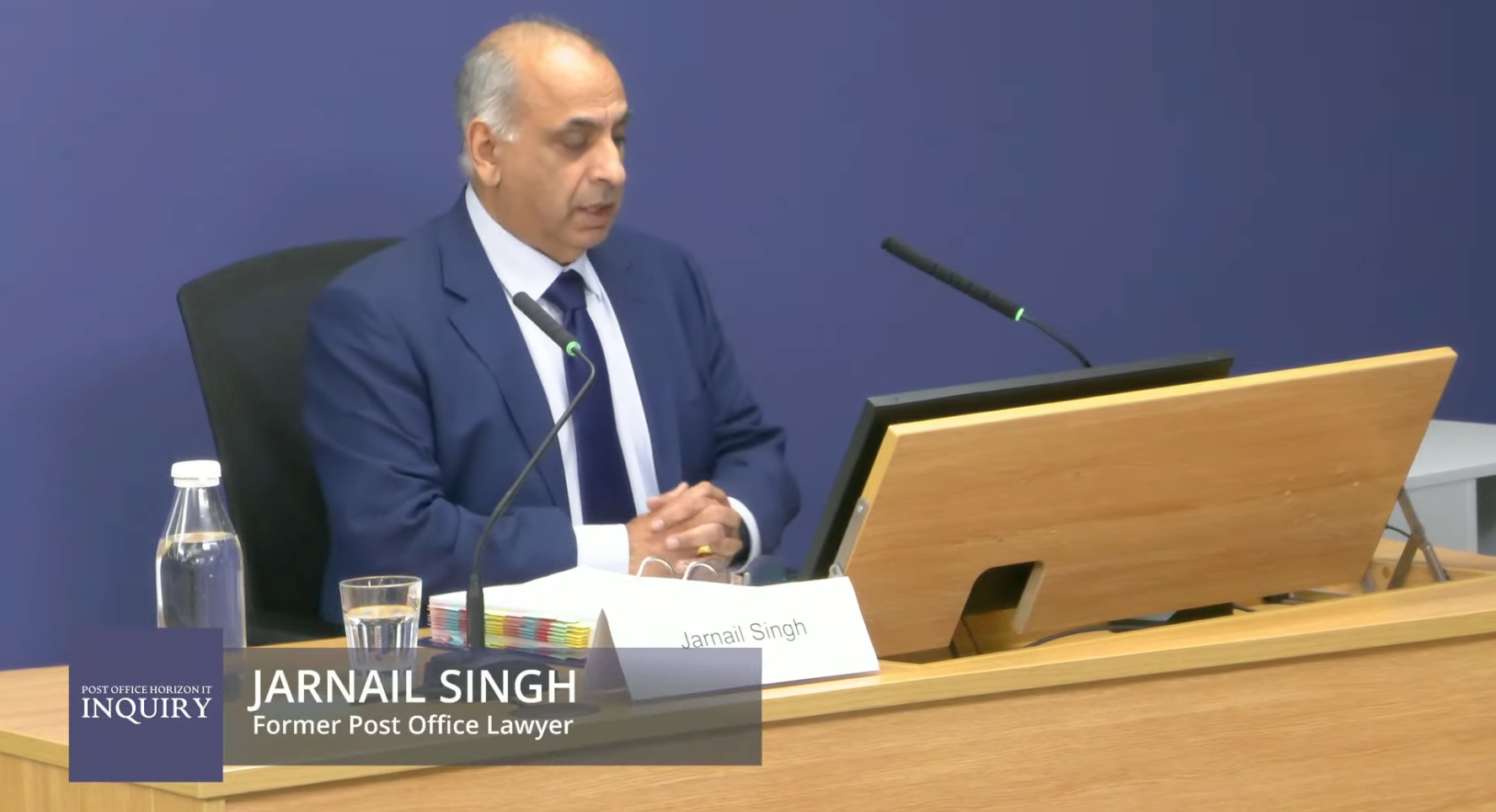 Read More…: More Singh’d against than Singh-ing
Read More…: More Singh’d against than Singh-ingThere has been some rank incompetence on display from various Post Office witnesses over the course of this inquiry, but I think we’ll have to go some way to find a worse performance than this. We know from the witnesses during Bates v Post Office and the Inquiry evidence we’ve heard over most of 2023 that the Post Office is stuffed to the gills with lifers, plodders and gormless apparatchiks inexplicably promoted into positions way beyond their ability. Unlike most of them, Jarnail Singh did not rise to middle-management after starting his career as a counter clerk or a postie.…
-
Criminal conspiracy: slowly joining the dots
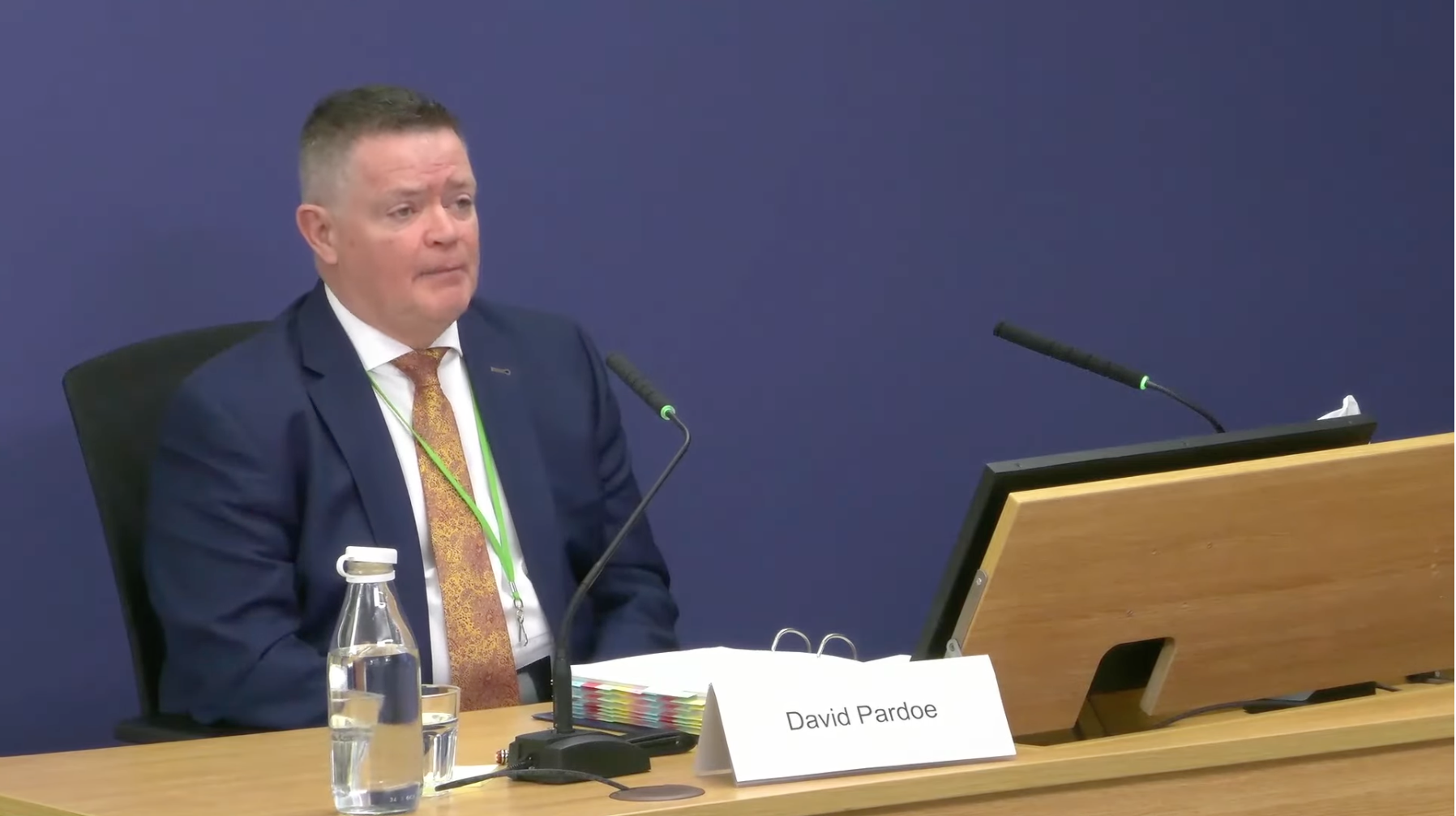 Read More…: Criminal conspiracy: slowly joining the dots
Read More…: Criminal conspiracy: slowly joining the dotsA throwaway line in a piece of oral evidence at the Horizon IT inquiry yesterday may have revealed more about the cover-up which some are now openly calling a criminal conspiracy to pervert the course of justice at the Post Office. The evidence came from Dave Pardoe, a former Senior Security Manager, invested with the power to sign off on Subpostmaster prosecutions. Pardoe’s evidence followed a familiar line – that Post Office investigators were told they shouldn’t consider Horizon as the source of a discrepancy at a branch. Then he said: “There was a persistent sentiment that the system was…
-
The Post Office vs Teju Adedayo
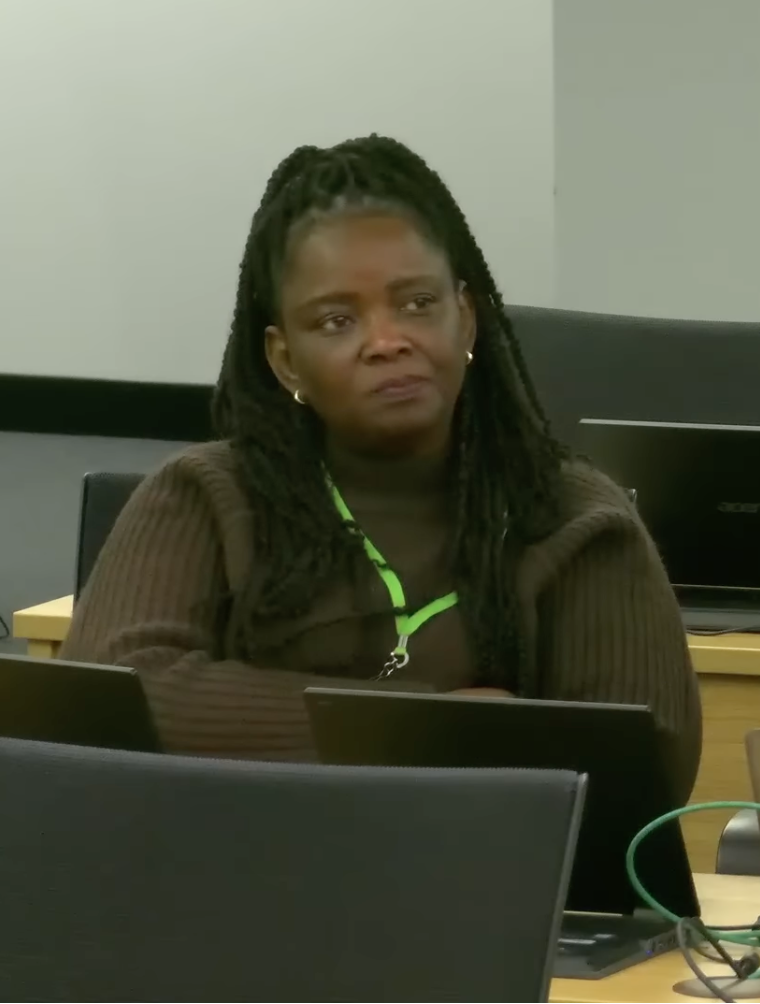 Read More…: The Post Office vs Teju Adedayo
Read More…: The Post Office vs Teju AdedayoOn 14 May 2021 Teju Adedayo had her criminal conviction quashed at Southwark Crown Court. Parmod Kalia, who had been convicted of theft, had his conviction quashed alongside Teju. In 2005 Teju took responsibility for £52,864 going missing from her branch and provided the Post Office with a “confession”, explaining she took £50,000 out of her Post Office to pay back some people she’d borrowed money from. In 2006, she pleaded guilty to three counts of false accounting and was given a suspended sentence. In 2001, Parmod made a similar “confession”, telling Post Office investigators he took £22,000 from his…
-
The Magic Signature
 Read More…: The Magic Signature
Read More…: The Magic Signature‘When I use a word,’ Humpty Dumpty said in rather a scornful tone, ‘it means just what I choose it to mean – neither more nor less.’’The question is,’ said Alice, ‘whether you can make words mean so many different things.’’The question is,’ said Humpty Dumpty, ‘which is to be master – that’s all.’ Lewis Carroll, Through the Looking Glass There was some bewildering evidence at the Post Office Horizon IT Inquiry on the afternoon of Thursday 16 November from Cath Oglesby, the Post Office area manager who sacked Lee Castleton. Lee first came to Oglesby’s attention in December 2003,…
-
Shameless Xmas book plug
 Read More…: Shameless Xmas book plug
Read More…: Shameless Xmas book plugPlease forgive this short commercial interlude. Christmas is approaching, which I am told is a good time to try to sell books. I have two which came out in the last twelve months and I was wondering if you – or someone else in your life – might be interested in them. Think of them as excellent stocking fillers. The Depp book was well-reviewed and was even The Week’s Book of the Week earlier this year. The Post Office book still has 5 stars (well, 4.8, but they round it up to five on the actual stars) on Amazon. The…
-
Institutional investigative ignorance
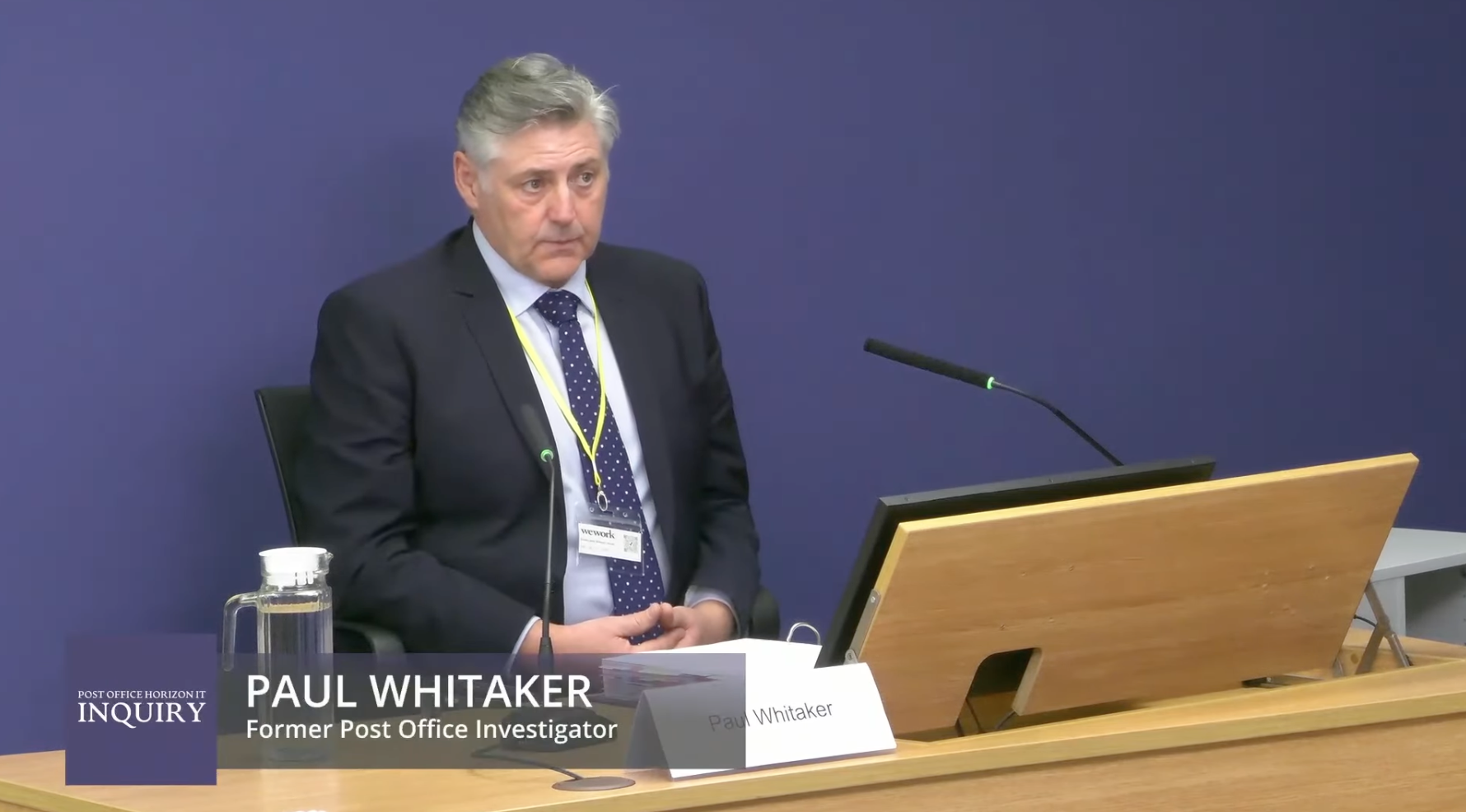 Read More…: Institutional investigative ignorance
Read More…: Institutional investigative ignorancePaul Whitaker, as it says in the screengrab above, used to be a Post Office Investigator (and, almost inevitably, before that, a postman). In his evidence to the Post Office Horizon IT Inquiry on Thursday, Mr Whitaker was taken to a 2011 email chain regarding his investigation into a Post Office branch in St John Green in Rotherham. The branch had been “audited” by the Post Office, and there was an £11,000 discrepancy. A counter clerk was under suspicion. Unusually, possibly because the branch was run by a charity, the police were involved. In his email to a colleague, Jane…
-
What Was She Drinking? The Elaine Cottam Experience
 Read More…: What Was She Drinking? The Elaine Cottam Experience
Read More…: What Was She Drinking? The Elaine Cottam ExperienceIt’s hard to know where to start with yesterday’s Inquiry hearing. Karl Flinders from Computer Weekly decided to cover yet another Post Office disclosure disaster. I am going to attempt to analyse the evidence which came courtesy of Elaine Cottam. Ms Cottam was a former Post Office Retail Line Manager. She was called to give evidence to the Post Office Horizon IT Inquiry to help try to work out what had happened in the Cleveleys case. Cleveleys Post Office was run in 2000 by a woman called Julie Wolstenholme who suffered problems with the Post Office Horizon system from the…
Archives
- ▼2025
Most Popular
Tags
Alan Bates alice perkins Alwen Lyons Andrew Winn Andy Dunks Andy Parsons Bates v Post Office Bonusgate CCRC Chris Aujard Clarke Advice False Accounts Fujitsu Gareth Jenkins Grabiner HCAB Horizon Hugh Flemington Inquiry Interim Report Janet Skinner Jarnail Singh Kevin Hollinrake Lee Castleton Lord Arbuthnot Nicki Arch Nick Read Noel Thomas Paula Vennells Paul Marshall Post Office Rebecca Thomson Receipts and Payments mismatch bug Richard Moorhead Rob Wilson Rod Ismay Rodric Williams Second Sight Seema Misra ShEx Simon Clarke Susan Crichton Swift Review Tracy Felstead UKGI
Categories
- Appeals (18)
- Blog (17)
- Book (11)
- Civil litigation (47)
- Compensation (42)
- Corporate (23)
- Fujitsu (31)
- Inquiry (119)
- IT (40)
- Live Events (6)
- Podcast (7)
- Police investigation (12)
- Prosecutions (47)
